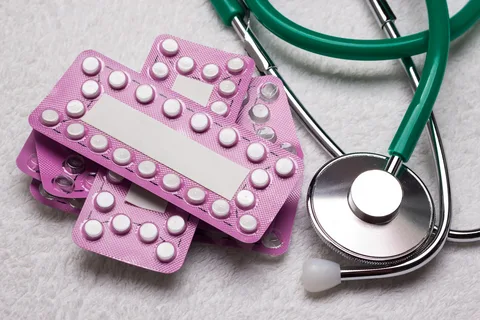In a groundbreaking development, a clinical trial at UC Davis Health is exploring the feasibility of a reversible hormonal birth control gel for men. The trial participants, Matthew Treviño and Emily Fletcher, are advocating for a more equitable sharing of the responsibility for contraception.
Treviño and Fletcher, a couple committed to remaining child-free, believe that current birth control options predominantly cater to women, leaving men with limited choices such as condoms or vasectomies. The couple is participating in the trial to test the effectiveness of a hormonal gel developed by the Population Council and the NIH, designed to suppress sperm production while maintaining testosterone levels.
The hormonal gel, containing a progestin called Nesterone, inhibits sperm production by the testes, concurrently halting natural testosterone production. To counterbalance this effect, participants are also administered testosterone. Despite initial concerns about potential side effects, such as changes in libido, skin conditions, and mood swings, the trial has shown promising outcomes.
The gel, stored in a canister resembling a shaving cream can, is applied topically and needs to be used consistently for optimal results. Treviño, integrating the application into his daily routine, acknowledges the positive impact of the gel on their sex life, providing a sense of security knowing his sperm count is effectively reduced to zero.
Researchers are optimistic about the gel’s efficacy, surpassing expectations in preventing pregnancy. The extended development timeline for male hormonal birth control is attributed to the challenge of maintaining consistently low sperm counts, unlike the monthly egg release in females. Additionally, previous concerns regarding severe side effects and limited pharmaceutical investment have impeded progress in this area.
The trial, involving hundreds of couples globally, aims to progress to a third phase to accommodate more participants. Dr. Mitchell Creinin, a lead researcher on the project, anticipates a significant shift in societal attitudes towards contraceptive responsibility once male hormonal birth control becomes readily available.
Treviño and Fletcher, echoing this sentiment, are hopeful for a future where contraception is a shared endeavor between men and women. As Treviño completes the trial and looks towards potential future participation, the couple eagerly awaits the day when male hormonal birth control will be accessible to all couples seeking a more balanced approach to family planning.
The advent of male hormonal birth control represents a milestone in reproductive health, paving the way for a more inclusive and collaborative approach to contraception.
*Note:
1. Source: Coherent Market Insights, Public sources, Desk research
2. We have leveraged AI tools to mine information and compile it




